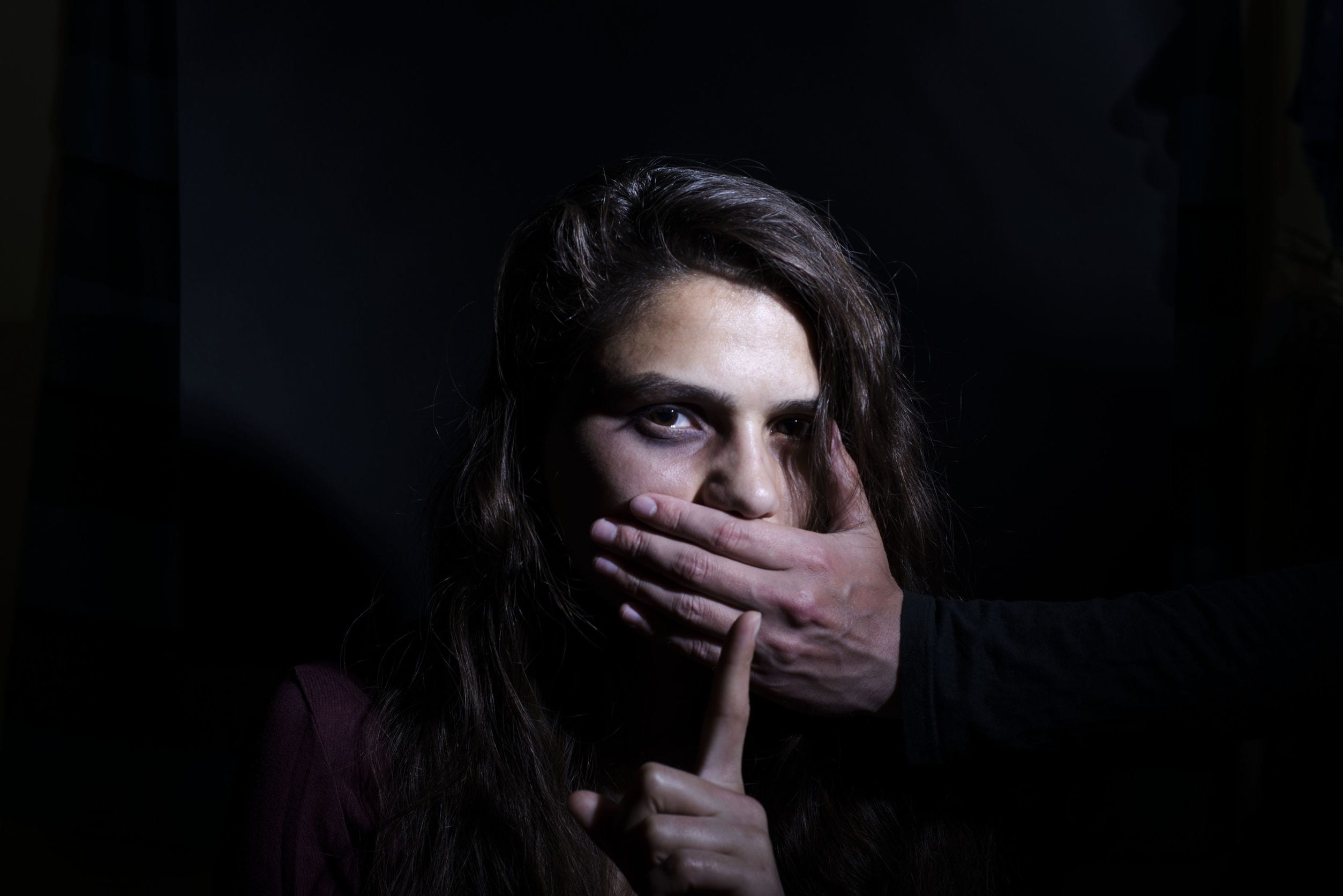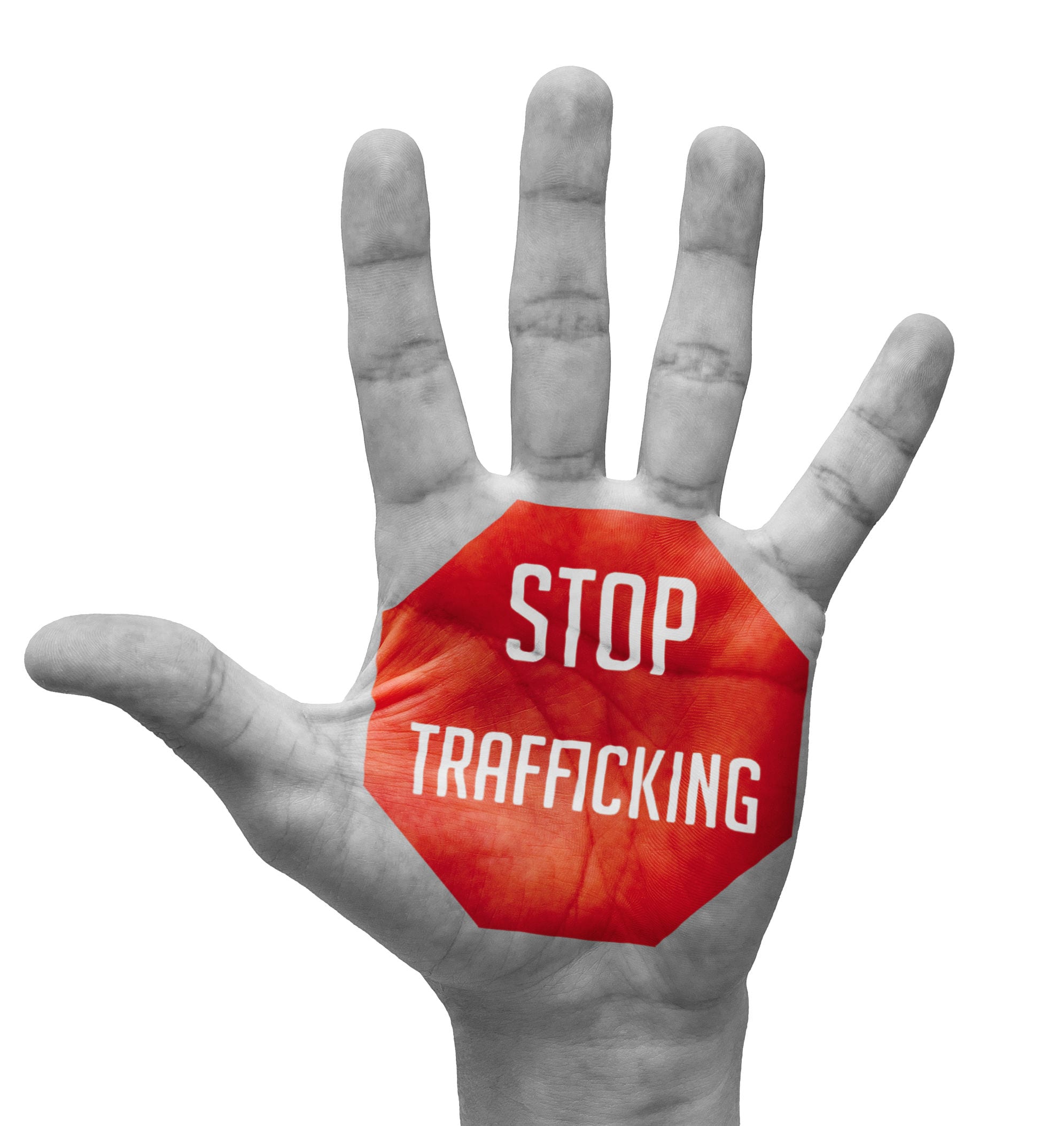- Home
- THE FIRM+
- Criminal Defense+
- CASE RESULTS
- AREAS WE SERVE+
- FAQ’s
- Blog
- Contact
AZHARI LLC BLOG

Posted By: Sami Azhari
Category:
Regardless of your opinions on the topic of sex work, it’s a heavily regulated and penalized activity in the US today.
In Illinois in particular, there are strict punishments for sex work convictions. In fact, even victims of sex trafficking might be charged with prostitution, while the traffickers are let off completely.
That’s the conclusion that the Chicago Alliance Against Sexual Exploitation (CAASE) came to after analyzing a variety of Cook County institutions, anyway. Everyone from officers to the mayor’s office to the state attorney has the same bias in their legal proceedings.
People selling sex are penalized more often and more heavily than people buying it, regardless of the legal status of the crime. This puts victims of trafficking in a uniquely dangerous position.
Prostitution Laws in Chicago
There are three different roles one can assume in the act of sexual commerce. In this type of transaction, you can buy, you can sell, or you can promote the sale of sexual acts.
The selling of sexual acts is considered prostitution — a Class A misdemeanor here in Illinois. A conviction carries penalties of less than a year in prison and no more than $2,500 in fines.
Meanwhile, the act of “patronizing a prostitute,” or actually purchasing the performance of sexual acts, is a Class 4 felony. That’s a significantly worse crime. The potential penalties include up to three years in prison and $25,000 in fines.
Promoting prostitution is also a Class 4 felony, punishable as above. To promote prostitution is to encourage someone else to spend money on a prostitute. This is the role of a pimp in stereotypical prostitution.
If an unwilling person is being forced in some manner to provide the sex acts, then the promoter’s crime is actually sex trafficking. That is at minimum a Class 1 felony, which can involve up to 15 years in prison. Committing sexual assault against the victim raises the crime to a Class X felony, which can result in a life sentence for the perpetrator.
The act of prostitution is supposedly a misdemeanor in order to protect unwilling victims. By punishing buyers and marketers, the original goal was to remove the market for sex acts. However, because of uneven enforcement, that’s not how things usually play out today.
How to Protect Victims of Trafficking in IL
CAASE’s study showed that in 2017, 90% of prostitution-related arrests were of sellers, not buyers. This is completely backward compared to the market. There are always more buyers than sellers in service markets — business wouldn’t exist if that weren’t the case.
Instead of following the intention of the law and undercutting the market, the legal system is attacking people who at best are vulnerable, and at worst are victims of sex trafficking.
Cook County has had a dedicated task force for human trafficking in place for awhile — the goal of which is to help remedy the situation trafficking victims face. Still, victims understand that the system is biassed against them. This leaves them afraid they will be charged with prostitution should they come forward.
Let us make it clear, the Cook County human trafficking task force, CAASE itself, and many other institutions are working hard to provide help.
Trapped in a Sex Trafficking Situation? Speak Up and Seek Legal Help in Illinois
If you or a loved one are in a sex trafficking situation, don’t be afraid to reach out. Without speaking up, law enforcement can’t tell you apart from someone willingly engaging in prostitution. Every sex trafficking victim has the right to escape their abuser without criminal consequences.
Those who wish to, but are still too nervous to take the first step, call us instead. Having an experienced Illinois criminal defense attorney, you can be sure you’re making the right moves toward helping to fight the unfair biases in place today while also ensuring your own protection and safety.
About the Author
Sami Azhari has been working as a lawyer since 2007, after receiving his Juris Doctor from the Michigan State University College of Law. He has handled numerous state and federal cases, and is known throughout the Chicago and Rolling Meadows area for providing his clients with high-quality, skilled representation. He has been recognized by SuperLawyers, the National Trial Lawyers Association, and other notable organizations, and has spoken at a number of legal conferences.


























































